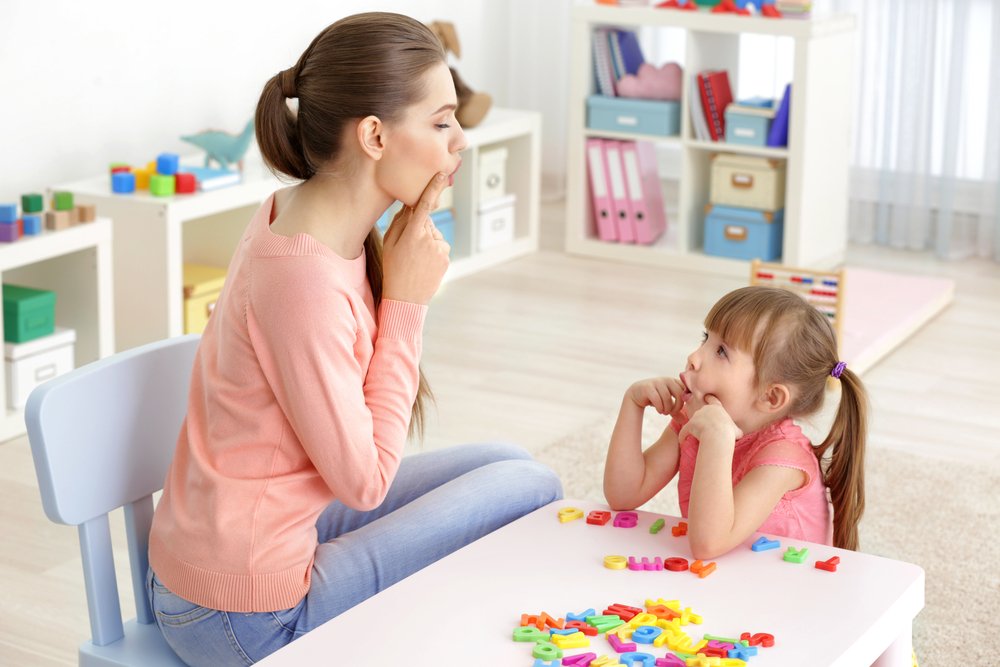Key points:
- Language development begins early and involves mastering sounds.
- Encourage clear pronunciation through fun activities and examples.
- Bingo, tongue twisters, and guessing games aid sound recognition and articulation.
- Oral motor exercises and creative activities strengthen speech muscles.
Language development is a long road that starts very early on in your child’s development. We’ve already talked about how children learn to pronounce different sounds as they develop their language skills, and how some of these sounds may be hard for them to pronounce. Although the best thing you can do to help your little one is to teach by example (speaking clearly and slowly), there are some fun activities you can also try out to help your child boost their pronunciation skills.
Here are 8 fun activities that you can try with your little one to help them improve their pronunciation!
- Play Bingo! Prepare some bingo sheets with sample words for each of the sounds you want to practice, for example, “Toy” for “T”, “Red” for “R”, etc. Then prepare flashcards only with the sounds. When you take out a flashcard, say the sound and your little one and their friends must find the word that matches that sound on their Bingo sheet.
- Practice minimal pairs! Practicing words that sound almost the same but have a subtle pronunciation difference can help your little one become aware of these different sounds. Some examples of these words are: low/throw, bat/bad, sheep/ship, etc. To make this more fun and also help your child listen more closely to their own voice, record your own voices while you practice and then listen to the recordings to see how you did!
- Try some tongue twisters! Because they use alliterations (the repetition of one sound), they are great to practice sounds and improve pronunciation skills and fluency while speaking. Here you have a simple example to practice the sound /th/: “I can think of six thin things and of six thick things too”.
- Play a guessing game! Have your child guess which word you’re saying by looking at your mouth while you whisper it from a distance. They’ll have to concentrate on the shape your mouth makes while saying that sound. Then, it will be your little one’s turn to whisper the word too!
- Draw the character! If your little one is creative and artsy, they’ll definitely enjoy this activity. Create a character together with a name that starts with the sound you’d like to practice, for example: “Sam”. Draw Sam and then think of different things Sam would like that start with the sound of their name, like “singing”, “soup”, or “sea”, and draw them around the picture of your character.
- Play a moving game! If your child is very active, then this fun activity is for them. To play this game, assign a movement to each sound. For example, jumping for “L” and clapping for “R”. Your child will have to make these movements every time they hear the corresponding sound! You can try saying just the sound or, to make it a little more challenging, you can say words with these sounds.
- Roll a dice! Create your own dice with different sounds on each side. You can play with your little one and their friends. When each player rolls the dice, they will have to pronounce a word or several words with the sound that they got!
- Do oral motor exercises! Play a game of funny faces with your little one and try out these movements:
a. Make the biggest smile possible and then relax.
b. Puff the cheek’s while keeping the lips sealed. Try it with both cheeks, then with one at a time, and then with the upper and lower lips!
c. Press the lips to make a kiss and slide it to the sides.
d. Press the tongue against the roof of the palate and then pop it.
e. Trace the perimeter of the lips with the tongue without moving the jaw! Do it in both directions.
To make it more fun you can use a mirror to see all of your funny faces! These movements will help your child strengthen their lips, cheeks, tongue, and jaw muscles. Other fun activities that involve oral motor exercise are: blowing bubbles, balloons, or whistles, and drinking through a straw. Besides helping with oral muscle strength, these exercises will also help your little one to have enough breath to say the sounds, words, and eventually sentences!









2 Responses
Thank You Kinedu 🙂
Thanks for reading our blog, Reina!